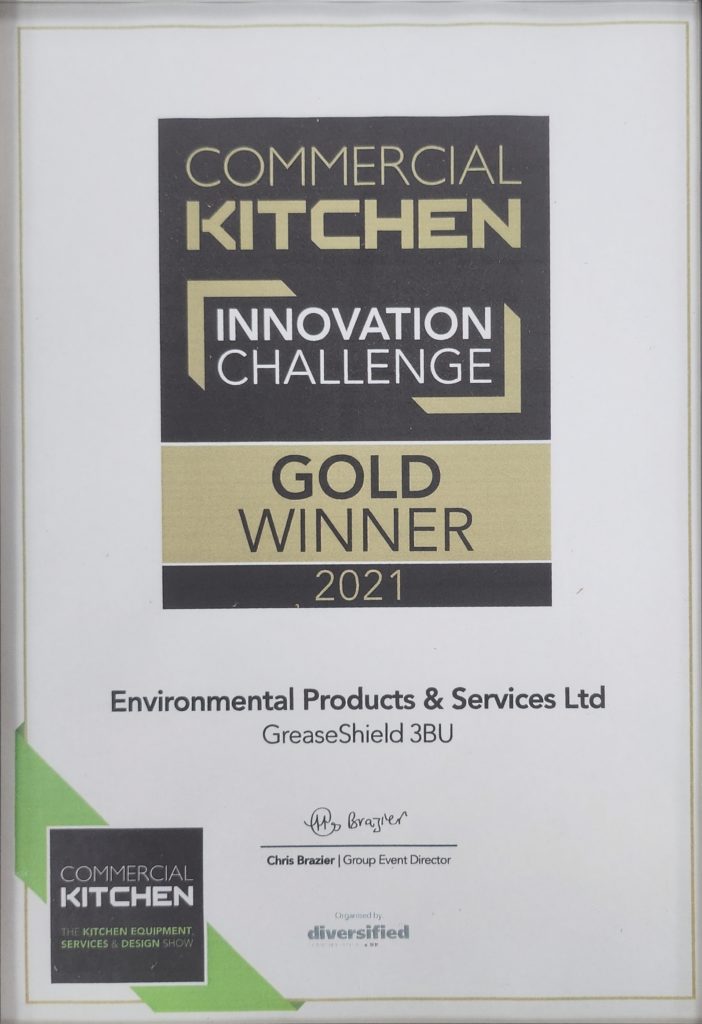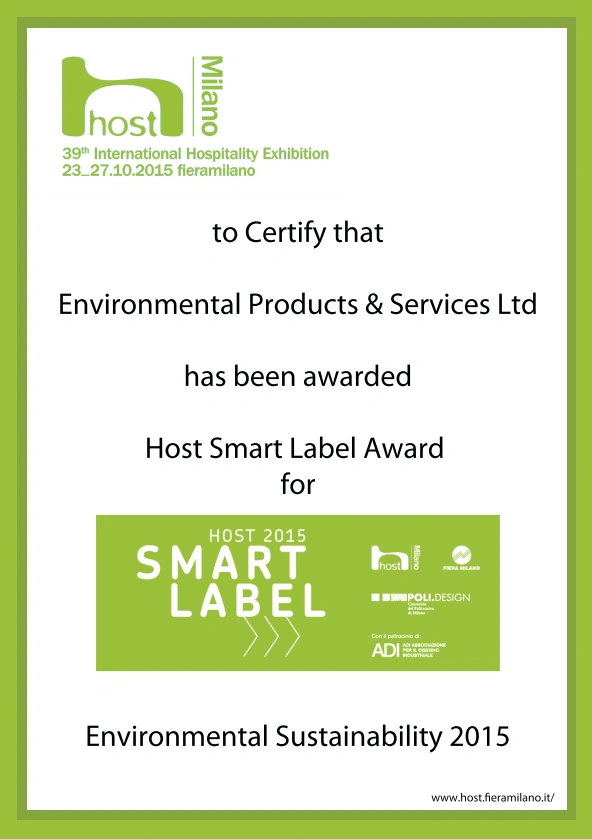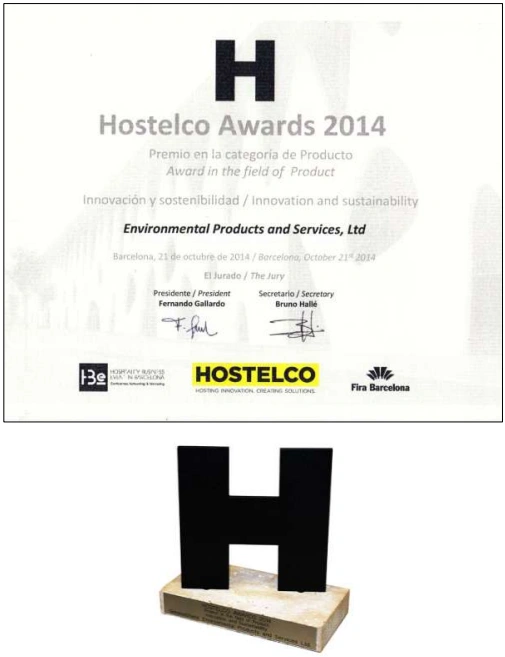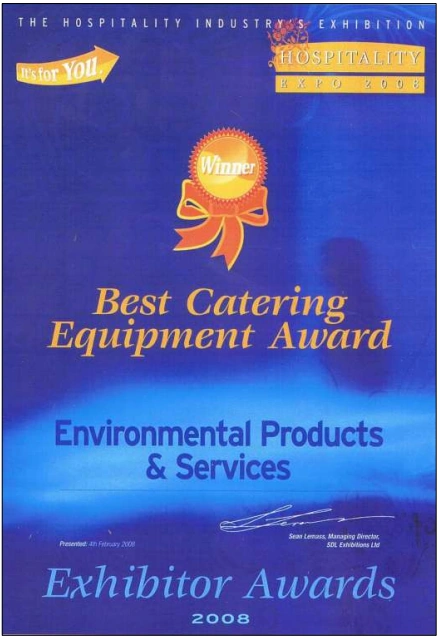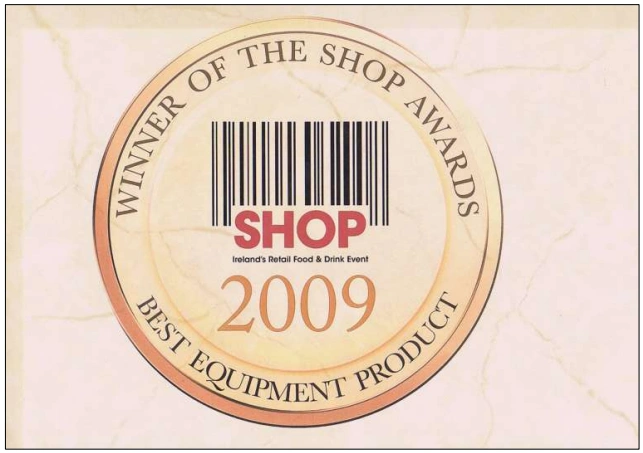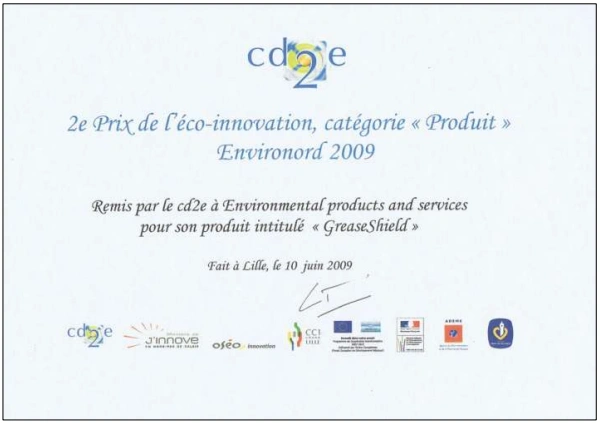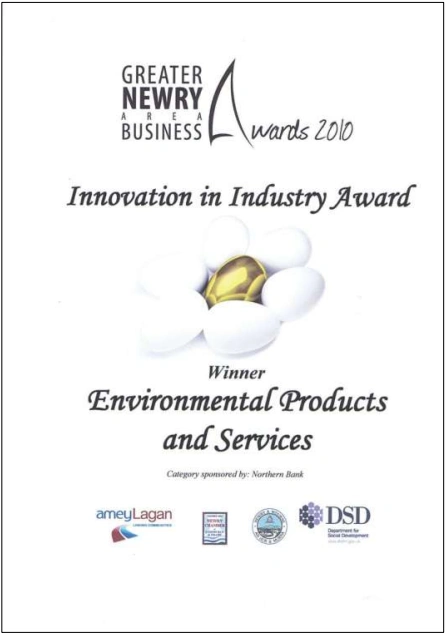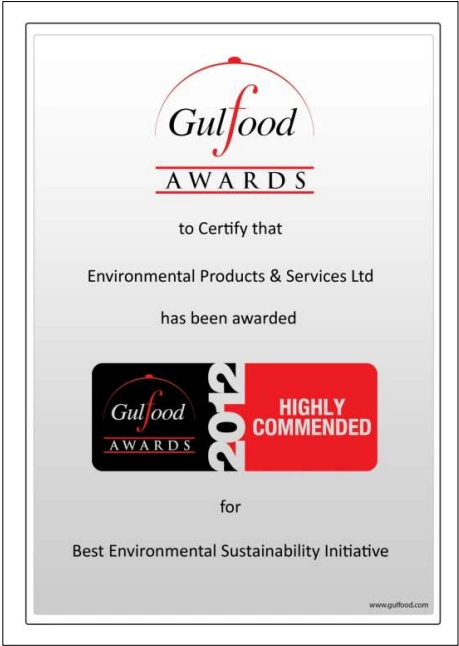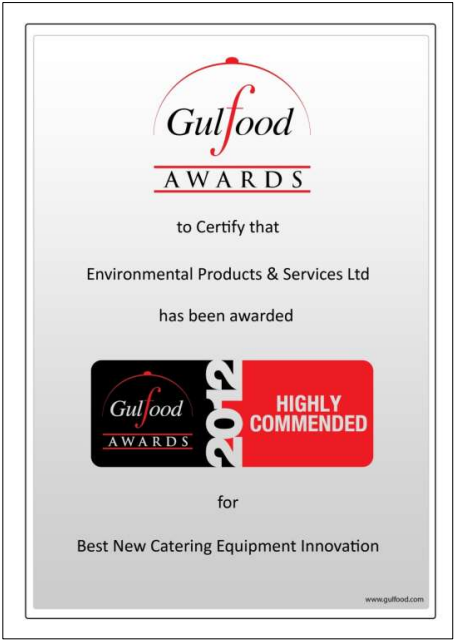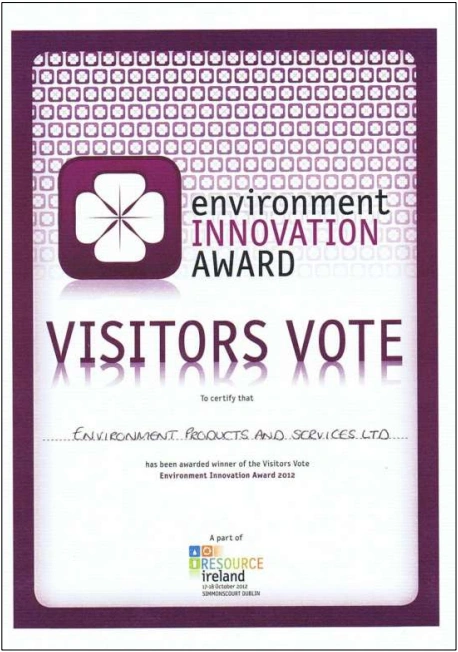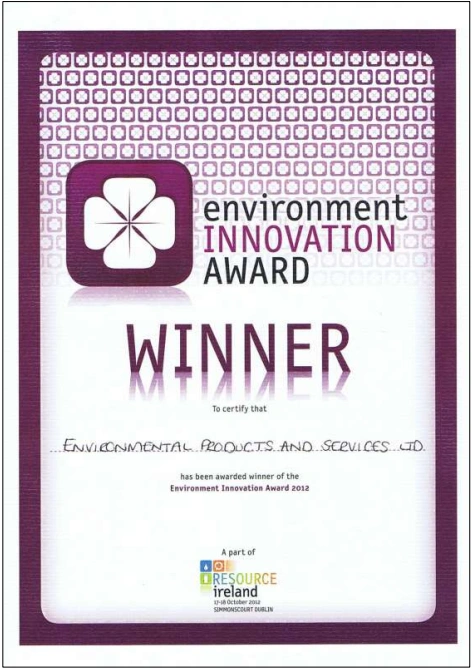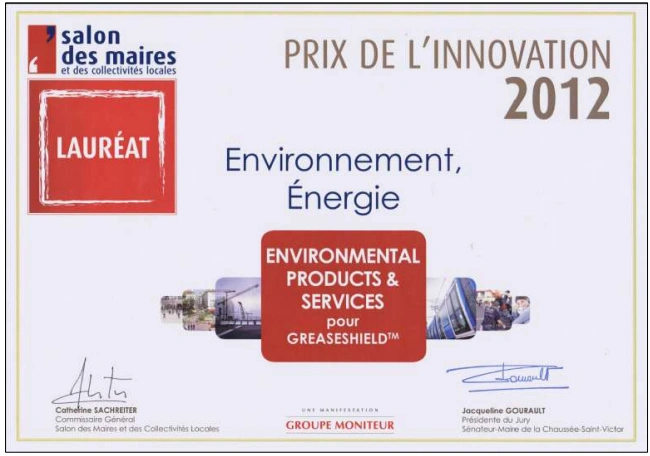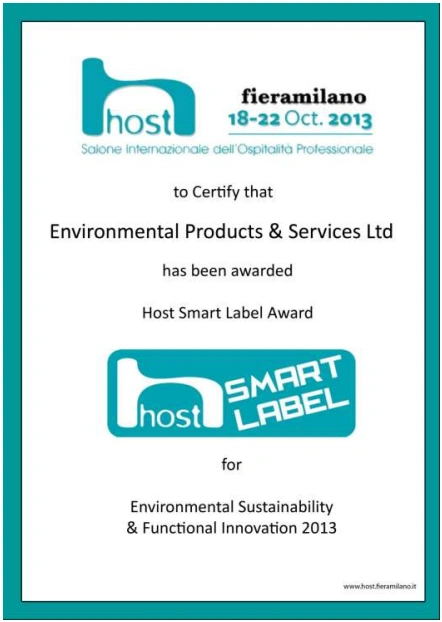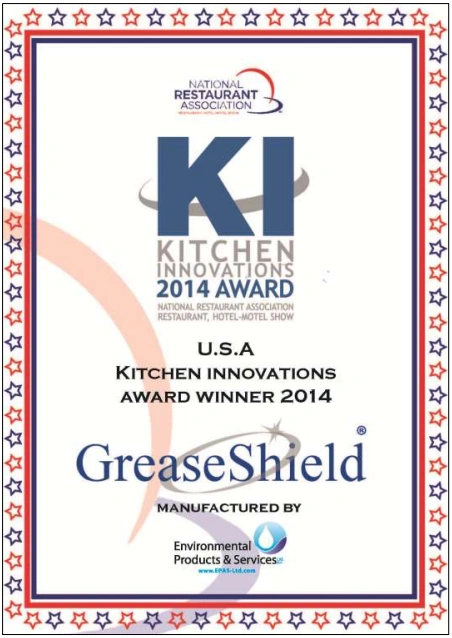The management of fats, oils, and grease (FOGs) has always been a challenge for industries that produce large quantities of grease waste, such as restaurants, hotels, and food processing facilities. While traditional grease traps offer basic interception of FOGs, they are often passive systems that require manual monitoring and maintenance. This leads to inefficiencies, high operational costs, and, in many cases, improper disposal practices that harm the environment.
With innovation at the heart of sustainability, EPAS is pioneering the future of grease waste management through its advanced smart sensors and real-time mobile monitoring solutions. These sensors provide critical insights into the functioning of GreaseShield® units, improving operational efficiency, ensuring compliance, and addressing environmental concerns.
Smart Sensors: Redefining Grease Management
EPAS smart sensors are revolutionizing the way we monitor and manage FOGs. By integrating cutting-edge technology into GreaseShield® units, facility managers can now track multiple operational parameters in real time, helping prevent issues before they arise. Below are some key functions these sensors offer:
1. Thermal Energy Utilization for FOG Removal
One of the unique features of the smart sensors is their ability to detect waste thermal energy. This energy removes saturated fats from wastewater without the risk of the fats solidifying before harvesting. This process allows for the efficient collection of FOGs, which can later be recycled or repurposed, reducing overall waste and enhancing sustainability.
2. Real-Time Monitoring of Internal FOG Levels
Traditionally, estimating the amount of FOGs harvested by grease traps has been a labor-intensive process, often based on visual inspections. EPAS smart sensors eliminate the guesswork by quantifying the volume of FOGs harvested in real time. Facility managers can access this data via a mobile app, providing them with accurate, up-to-the-minute information on the amount of waste collected.
3. Monitoring Aerobic Conditions
One of the biggest issues with traditional grease traps is the potential for anaerobic conditions to develop inside the unit. Dissolved oxygen is depleted and foul odours are generated, leading to an unpleasant environment, when food waste decomposes. EPAS smart sensors actively monitor the aerobic conditions in GreaseShield® units, providing early warnings when anaerobic conditions begin to develop. This helps maintain a fresh, odour-free kitchen environment, ensuring a cleaner, healthier space for staff and customers. Illegal reuse of FOG & UCOs which contain carcinogens back into the human and animal food chains.
4. Tackling Rogue Tankering Practices: A Critical R&D Focus
Another major concern in the grease waste management industry is the improper disposal of grease trap waste by rogue tankering companies. These companies charge restaurants and other facilities significant fees to pump out grease traps but often avoid licensed disposal sites, choosing instead to illegally discharge waste into sewer systems, watercourses, or, in some extreme cases, sensitive ecosystems like the Everglades in Florida.
At EPAS, we are actively conducting research and development into technologies that can monitor and help prevent these illicit practices. The integration of smart sensors with real-time monitoring allows facility managers and regulatory bodies to track the entire lifecycle of FOG disposal—from collection to its final disposal destination. Keeping track of tankering companies makes it easier to identify and take action against those engaging in illegal dumping practices, ensuring responsible waste disposal.
5. The Role of Real-Time Mobile Access
One of the most powerful features of EPAS smart sensors is their real-time mobile access capability. Through a simple mobile app, they can access live data on water levels, FOG collection rates, aerobic conditions, and more. This offers unparalleled convenience and control, allowing managers to make informed decisions on the go, ensuring their facilities remain compliant with local regulations, and maintaining optimal operational efficiency.
Why Smart Grease Management Matters for the Future
The integration of smart sensors in grease waste management systems is a game-changer for the industry. By offering real-time insights, automating key processes, and enhancing sustainability, EPAS smart technology addresses the limitations of traditional systems while paving the way for greener and more efficient operations.
More importantly, these advanced technologies are helping to hold waste disposal companies accountable. Facility managers and environmental authorities can reduce the risk of illegal dumping, protect natural ecosystems, and ensure responsible and sustainable grease waste management through better oversight of the entire disposal process.








